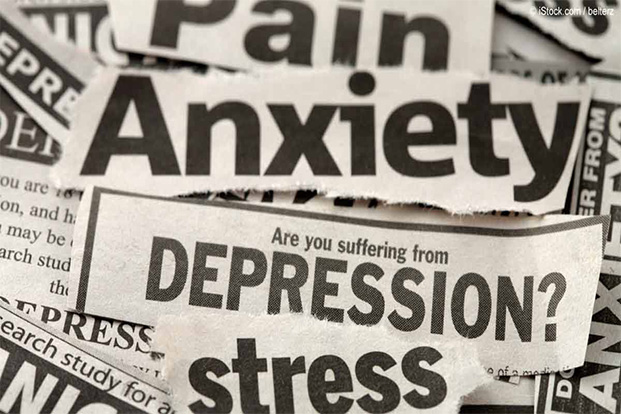Can a Brain Tumor cause Depression and Anxiety ?
Apr 19, 2022
Dealing with brain tumor is a difficult and long journey whether it is terminal or chronic. Irrespective of the tumor type, duration of treatment and quality of treatment and life, both patients and his/her caregiver may come across depression at some point of time.
Though depression may not have been a big challenge earlier, brain tumor is likely to change that. Depending upon the location of a tumor, both personality and mood can alter due to its presence. Surgery, Chemotherapy and other treatments which impact the brain’s chemistry and its neurological function may trigger depression too.
Frontal lobe of brain – It controls you and your personality

Frontal Lobe of brain controls the motor skills, personality, emotions and conscious thought. It is actually the region of brain that depicts who we are. It deals with motor, emotional, social behavior. Memory, problem solving and decision making skills are part of its functions too.
Left frontal lobe deals with positive emotions and logical thinking. When left frontal lobe has a damage, it impacts positive emotions. Personality, behavior and mood can also be affected. As emotions are affected, symptoms felt can cause an individual to become impulsive, anxious and depressed.
Does brain tumor cause depression?
Approximately 33% of patients with brain tumor will have depression and nearly 25% will have anxiety. Location and type of tumor may play a role in this. Apart from location and nature of tumor, depression is also one of the most common post-operative side effects after having surgery for a brain tumor. Many depressed patients have a hard time keeping the treatment schedule and other recommendations. Longer hospital stays, poor quality of life and reduced capacity to cope with the pain and deficit also contribute to depression and anxiety.
Uncertainty about future, family responsibilities, health burden, worry about long-term effects of treatment, changes in physical appearances and finances are the other factors which contribute to anxiety of patient.
Patients and family members need to be counseled properly through psychotherapy and healthy coping strategies to deal with anxiety and depression. They need to understand that there is treatment for brain tumor, its associated depression and anxiety and that treatment is very much effective. If you have symptoms let your healthcare team know.



.jpg)




